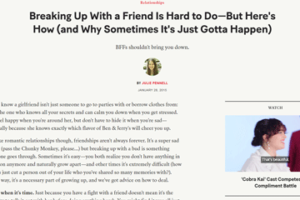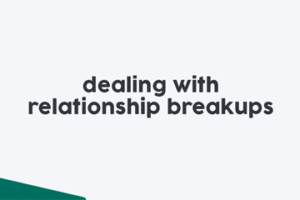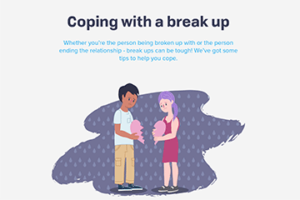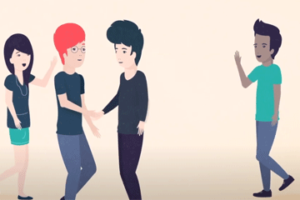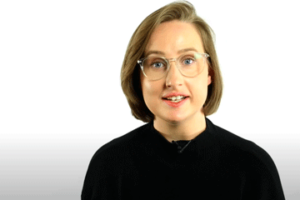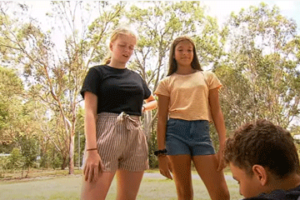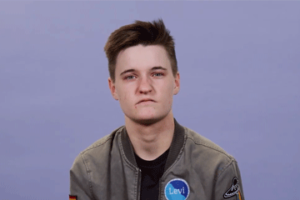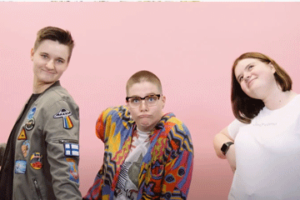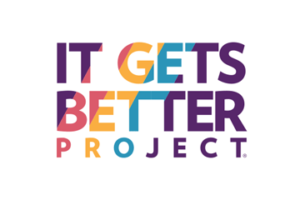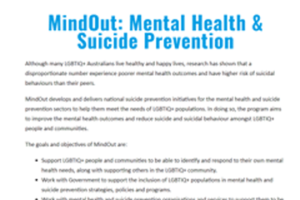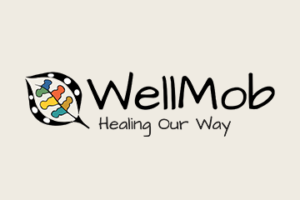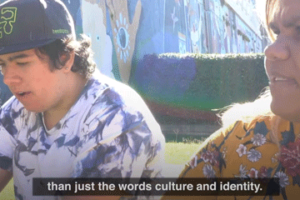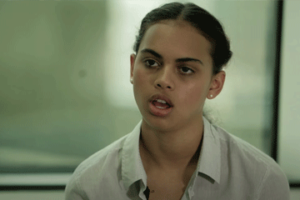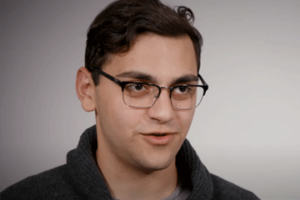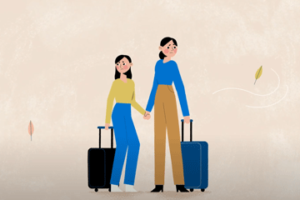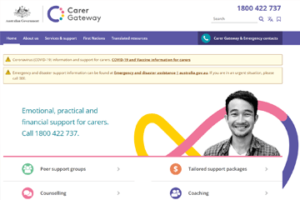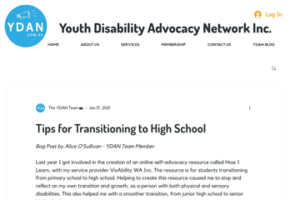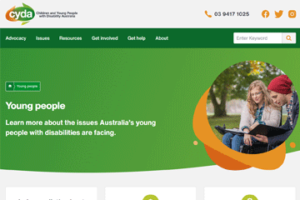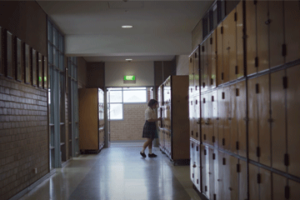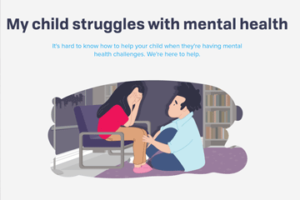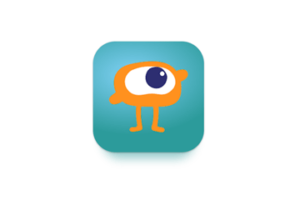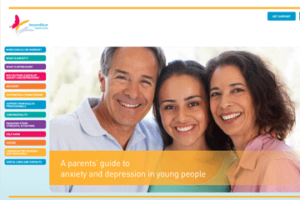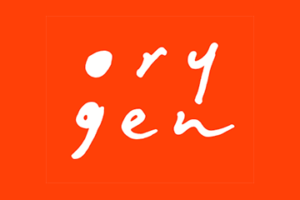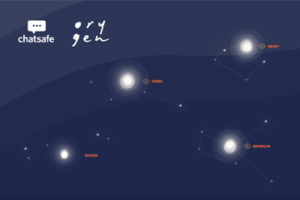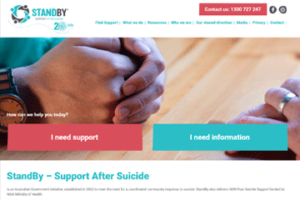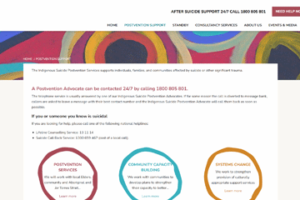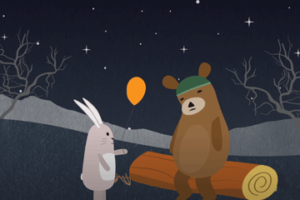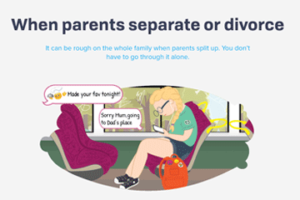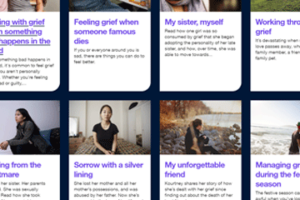Understanding more
Often there is more going on in your friends life that may be impacting their wellbeing. This page explains some of the things that your friend might be experiencing.
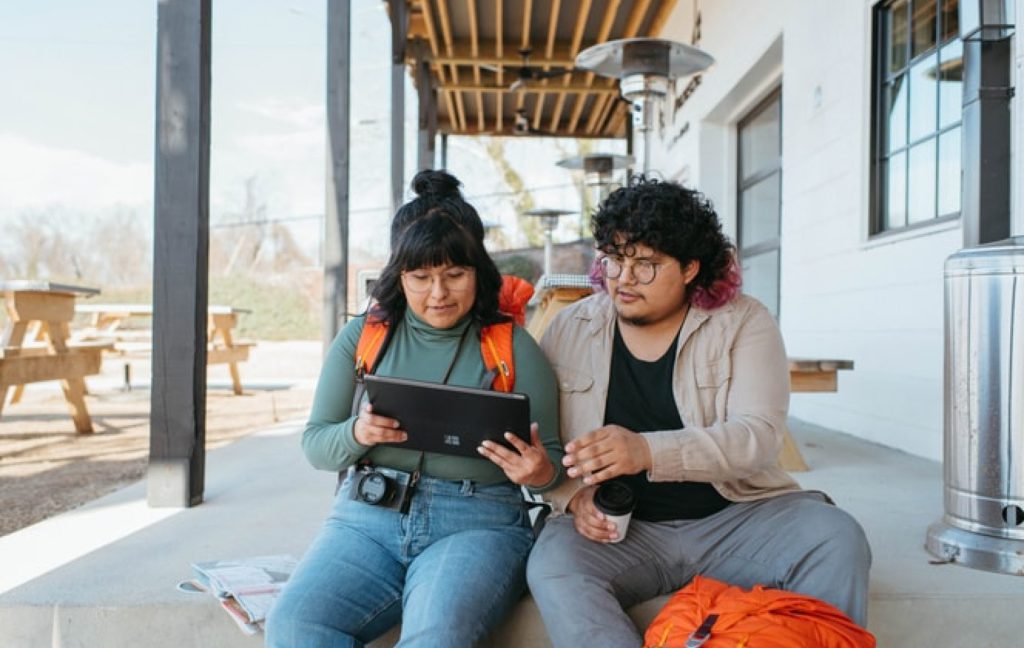
Understanding more
Relationship breakdown
Whether it is romantic or friends, the breakdown of a relationship can be a heartbreaking time to process for anyone. You can look at ways to be there for your friend during this difficult period.

Bullying
Bullying can show up in different forms, verbal, physical, and or social, and can have serious impacts on the victim’s life. This includes making threats, spreading rumours, attacking someone physically or verbally, and excluding someone from a group on purpose.
Tips:
- Check in on them
- Acknowledge their pain
- Help the friend understand the situation could be bullying and that is not ok
- Discuss how they to want to sort it out (do they want to speak directly to the person together, or maybe even tell a teacher)
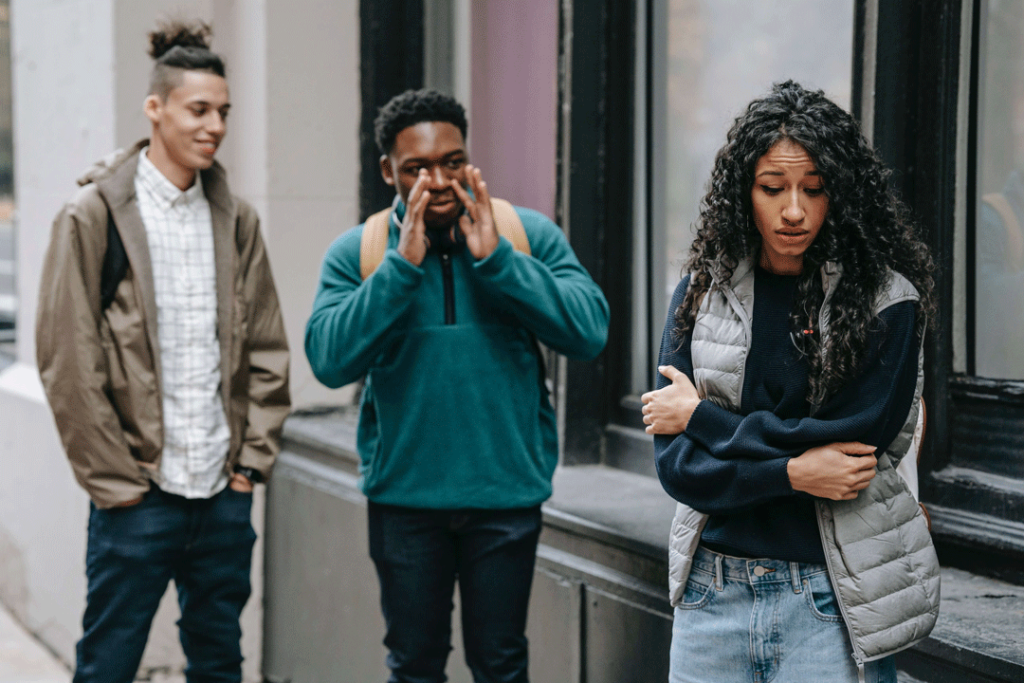
LGBTIQA+
The majority of LGBTIQA+ Australians are happy and healthy. However, potential community bias, stigma and isolation can expose this group to a higher risk of mental ill health.
Personal connection and support have been shown to be a key factor in reducing this risk and improving wellbeing
These resources offer guidance to providing that connection and support.
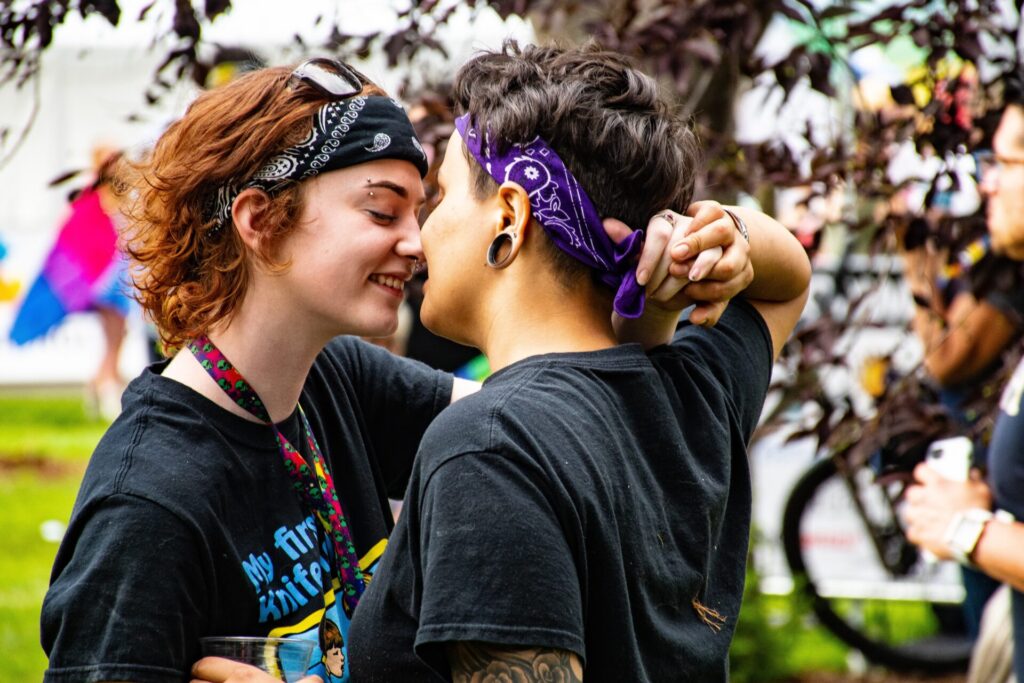
First Nations
For Aboriginal and Torres Strait Islander peoples the holistic concept of Social and Emotional Well-being recognises the importance of connection to land, culture, spirituality, ancestry, family, and community. How to best support a friend who identifies as first nation can be different for different mobs and individuals around Australia, so it is always best not to assume, and to check with the person themselves.
13Yarn is an Aboriginal & Torres Strait Islanders run crisis support line. Confidential, culturally safe space to yarn about your needs, worries or concerns. Call 13 92 76
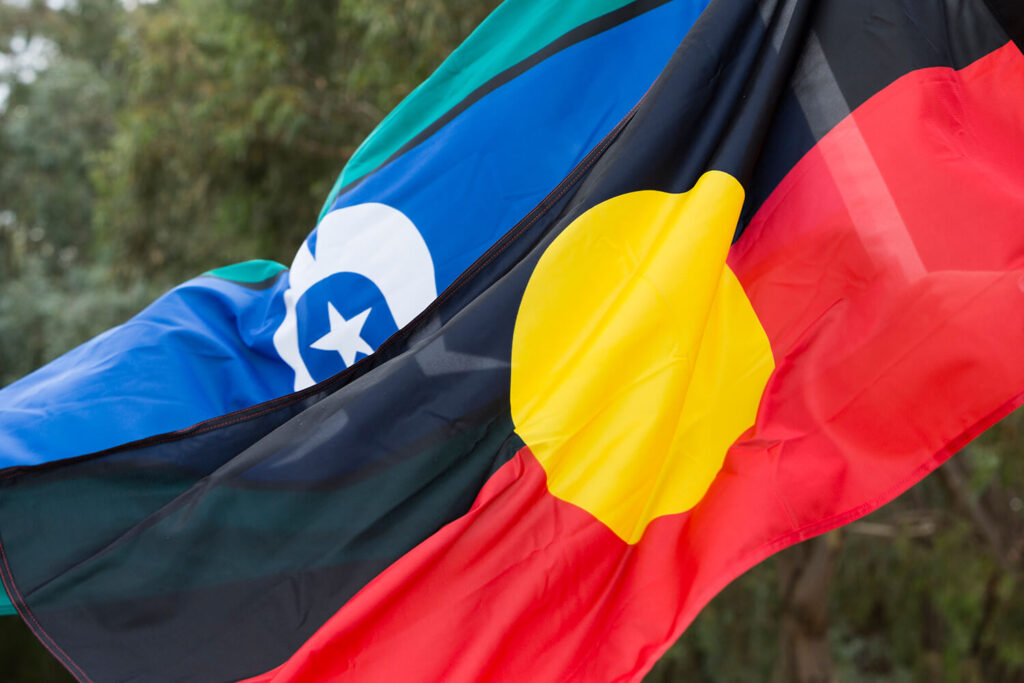
Multicultural
If English isn’t your first language, or the first language of the person you worried about, check out information on how to get professional mental health help below. If your language isn’t in the list below – contact Translating and Interpreting Service (TSI) for a free-of-charge translator or interpreter on 131 450.
For information on mental health and to access translated resources, please visit https://embracementalhealth.org.au/
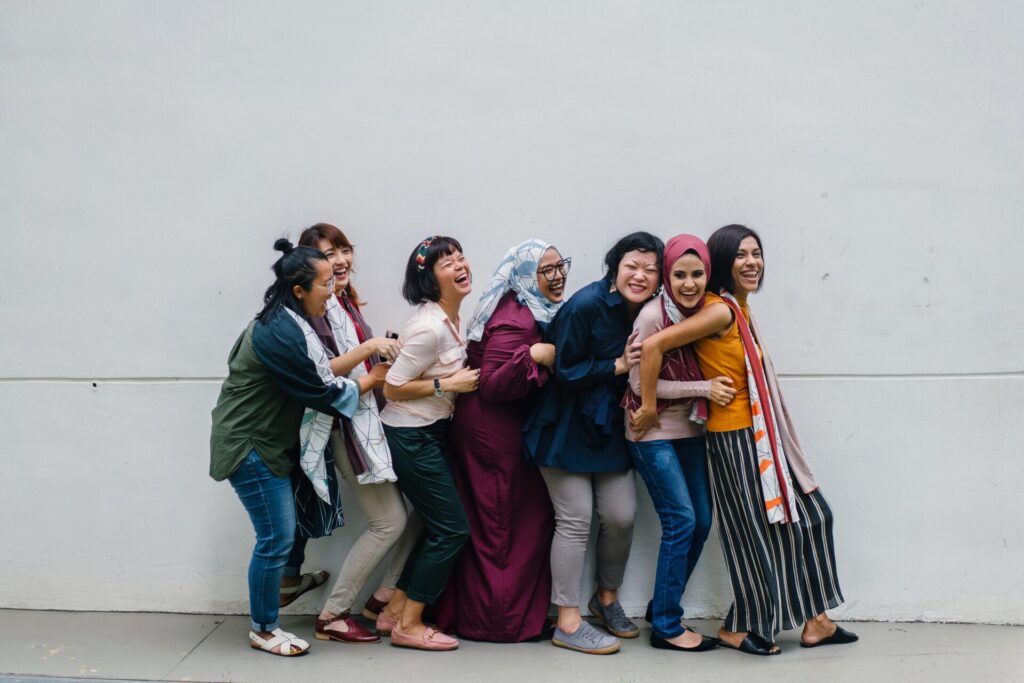
Disability
If your friend identifies as a person with a disability, consider information that meets their specific challenges. This might be issues around but not limited to – inclusion, accessibility, discrimination, family troubles or even with social services.
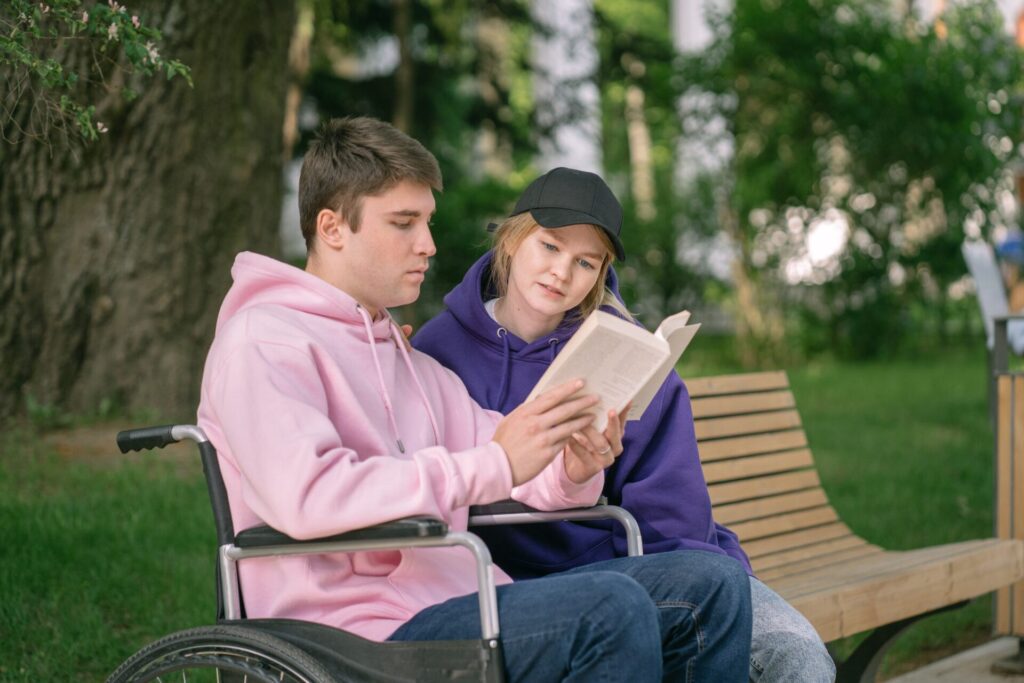
Parents and Carers
Research shows that young people are turning to each other for help, but may not have the ability to cope, or provide support safely. The following resources help inform parents about how to support their children during this process.
Talking to a Parent counsellor can help you navigate difficult parenting dilemmas. There is a different Parentline service in each State or Territory click here to find the contact line for your state.
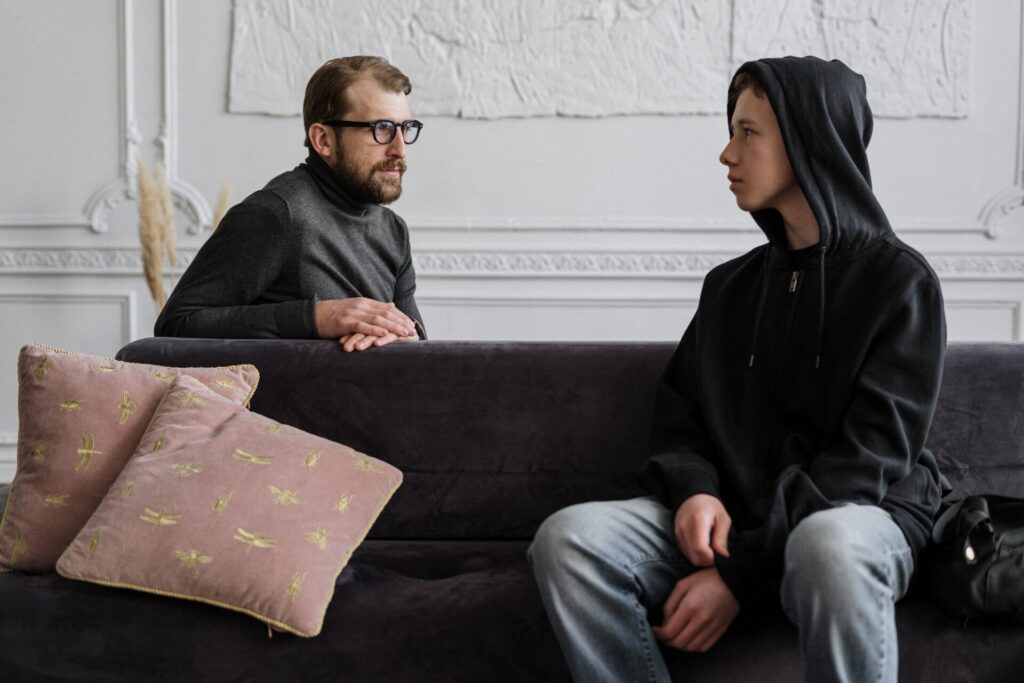
Grief and Loss
Everyone experiences grief differently, and this takes everyone some time to work through. While everyone finds their own way to grieve it’s important to have the support of friends to talk about your loss when you need to.
It can feel scary to be there for someone who’s grieving, many people say they do not know what to say or do. However, often it is the simple offer of love and support that is the most important. See the below resources for more information on how you can be there for your grieving friend.

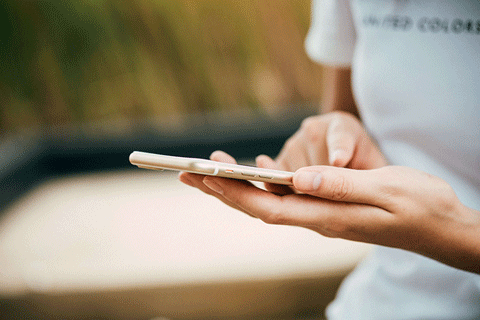
Was this page helpful?
Modal Content
Add groups below and assign an anchor link under “advanced” to create a modal. Link to it from a button and make the button style “modal”.
Carer Gateway
An Australian Government program providing free services and support for carers. If you care for a family member or friend with disability, a medical condition, mental illness, or who is frail due to age, then Carer Gateway can help you. You can call on 1800 422 737.
CYDA
Learn more about the issues Australia’s young people with disabilities are facing through these resources or find contacts for support.

